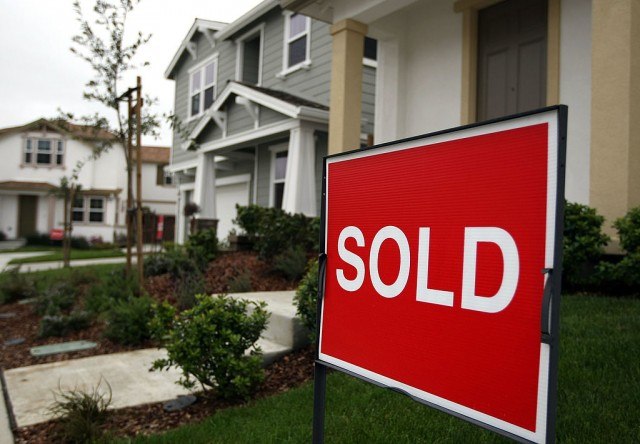
Mortgages are all the same, right? Wrong; they’re so different just thinking about it gives me a dull ache between my eyes. Mortgages are different in every way, shape and form. I remember when my husband and I were 20 and 21, and we began the process of building our starter home. We were planning our wedding, working on graduating, working on pursuing the careers we wanted and working on starting our lives out on the right foot. When we decided that building was the right choice for us, we went to the bank for a mortgage. We were shocked; there were so many options and we were significantly overwhelmed.
We didn’t take the time to educate ourselves beforehand on the different terms, what they meant and what they implied for our future. That meant we were standing around at the bank thinking, “What are we even doing here?” Fortunately, my mother-in-law works in the mortgage industry and my husband is a banker. A little discussion here and there and we felt far more comfortable in making a decision that was right for us. We were fortunate; but not everyone is when it comes to finding the right mortgage while simultaneously avoiding making the worst mortgage mistakes. Fortunately for you, I have a little bit of knowledge in the mortgage department now that I have two homes and a few additional years on me.
Whether you are applying for your first mortgage or your fourth, there are common mistakes homebuyers sometimes make that are easily avoidable. We can help you forgo making some of these mistakes so that you don’t find yourself in hot water before much longer. Here’s what to avoid when it comes to a mortgages.
Not learning the terms
Remember back in 2008 when the world collapsed and everyone went into crisis mode thanks to the recession hitting us all full force in the face? One of the things that people suffered most was in terms of their interest rates. People were applying for mortgages they did not properly understand, and it left them high and dry. For example, it was then that people learned that something called an Adjustable Rate Mortgage was not the best idea. Talk to a mortgage broker and discuss the terms of the loan to have a better understanding of your mortgage.
Many buyers found that the very low rate they were getting in the beginning saved them a lot of money in comparison to a fixed rate mortgage. However, when the bubble burst and rates went through the roof, those with ARMS (adjustable rate mortgages) found that they were no longer able to afford their mortgage payment since it went up so much. Now you know that the terms are imperative to learn, perhaps it will help you with the buying process.
Not doing the math
We say this all the time around here; you have to buy what you can afford, not what the bank tells you that you can afford. Just because the bank says a half million dollar home is in your price range does not mean that a half million dollar home is in your price range. Your job is to sit back and do the math. What can you afford to spend as a homeowner so that you can still maintain your quality of life?
For example, a half million dollar home might mean you can no longer afford to shop or travel. It might mean you don’t have extra cash for fun dinners or events. Perhaps a home that’s only $300,000 might allow better for those things. Do the math; figure out what you can comfortably afford and go from there.
Not putting money down
Just because it’s easy to apply for a mortgage that does not require a down payment does not mean you want one. Not putting money down usually means you have no equity in your home. it also means you have to pay private mortgage insurance until you owe less than 80% of the total value of your home. It all comes down to you spending thousands of additional dollars per year in PMI, and it means wasting money. No one wants to bother with that.
Not considering the fees
Fees are associated with mortgages at closing; you really have very little choice in the matter unless someone else agrees to cover your closing costs and mortgage fees. These can be very expensive, and they can have a huge impact on your out-of-pocket price. Your best interest is to know head of time what the fees will be, how they will cost you and what you can do to afford them. Don’t forget to ask your lender about application fees, brokers frees, loan origination fees, and even underwriting fees; and never forget to include the fees associated with closing costs into that equation, too. It’s going to really make a difference in your mortgage.
Photo by Getty Images

Comments
Loading…